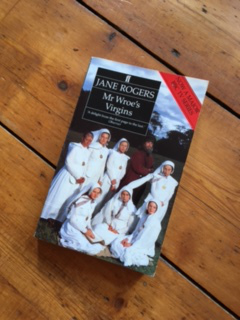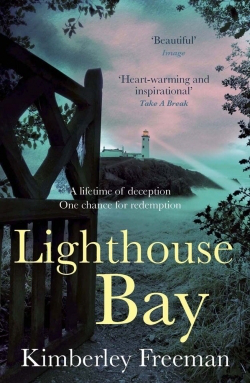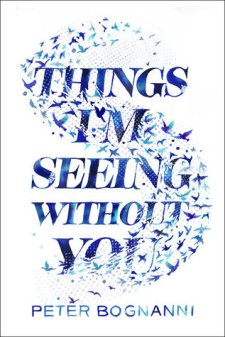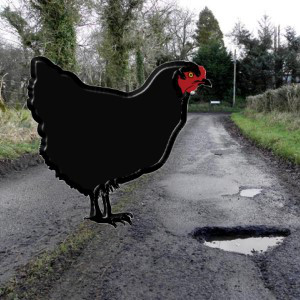Blog Post 17: Mr Wroe’s Virgins (1991)

Leah: ‘The Lord has instructed me to take of your number, seven virgins for comfort and succour.’
Seven? They say his wife is sickly, but seven? Judith touches my elbow, I know, I am trying not to giggle. It is so quiet, it seems no one breathes in the whole of Sanctuary. I must not laugh. I must not. Will he really? Will they let him? Who?
This is the story of nine months in the life of charismatic, self-proclaimed prophet, John Wroe – born in Bradford in 1782, the son of a woolcomber – as seen through the eyes of four of the virgins chosen from his congregation to live with him, ‘for comfort and succour’. He is the preacher of the Christian Israelites in Aston-under-Lyne, the New Jerusalem, a loosely Christian denomination who believe that the end of the world is nigh and that they are the chosen ones who will live through the end times and on into eternity.
Rogers tells the story deftly using four first person narrators, four of the seven virgins. Their perspectives overlap and intertwine and as a reader we have to put the pieces together and work out the truth. Though this novel throws up the questions: what is the truth? What is faith? What is real?
There is Leah, sarcastic and flirty, with an illegitimate baby who she passes off as an orphan so he can live with her in the house.
Hannah, sensible and competent, is a socialist who believes in a New World Order where everyone is equal, who fights against the inequalities brought into focus by the Industrial Revolution, and teaches the millworkers to read.
Sometimes a candle is set on the window-ledge. The little flimsy light against a world of darkness: what is it but an invitation? Here, it says. here I am, see my frailty, see how easy I may be extinguished. A breath of air, the touch of a finger and thumb will do it. And even if you leave me, at eh last I shall put myself out, guttering and flickering to death amongst my own shapeless melted remains. As those who live out their natural life span must go at the end, spread huge with dropsy or eaten to the skeleton wick by wasting. Better to show no light, than to clutch at the false comfort of a candle.
Pious, saintly Joanna desires nothing more than to do God’s will and yearns to be a preacher.
Have not we been despised and cast down from the first? Just so low as women were cast down, shall we now be raised up high. And those of the other churches, who believe women not fit to speak and preach and pass on the word of God, but that they must sit and listen with the children (for even the Wesleyans are against women preachers now): may they hear, and mark, how God’s favour has passed to women.
And Martha, horrifically abused and mistreated by her father, who comes with ‘a circle of sores around her neck, as from a chain. It is not hard to believe that whoever kept her before, kept her like a dog’. She has no speech, eats with her hands, appears to be stupid but it is Martha who evolves into someone extraordinary, achieving a sensitivity and mysticism denied the others.
There are new worlds. I grow to accommodate their size, as if I swallowed eggs that hatched and grew within.
And why does Brother Wroe require seven virgins? Well, really, there can only be one reason, but he is so manipulative that we never know if he is good, bad, deluded, or a mixture of all of these.
This really is a gem of a book and reminds me of the slightly later novel, ‘The Poisonwood Bible’ (1998), by Barbara Kingsolver.
‘Mr Wroe’s Virgins’ was brilliantly adapted for the BBC in 1993 with a script by Jane Rogers and directed by Danny Boyle. It is also a timely reminder of the way women are used in religion, with echoes of Margaret Atwood’s ‘The Handmaid’s Tale’.
Powerful stuff.
Advertisements Share this:





